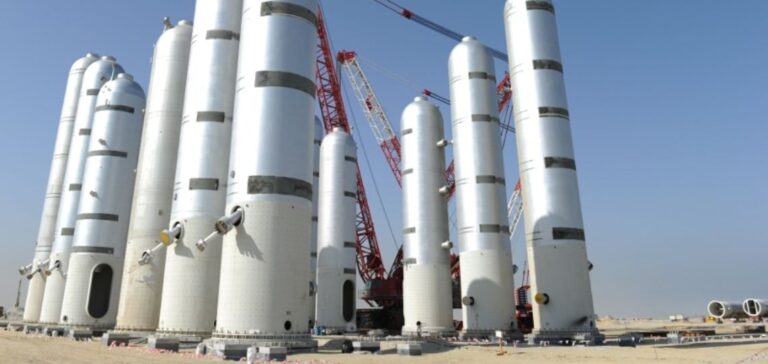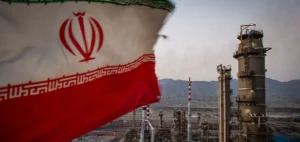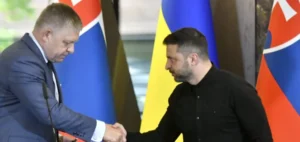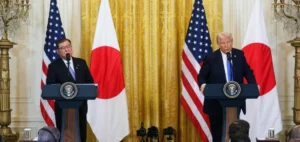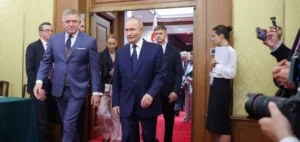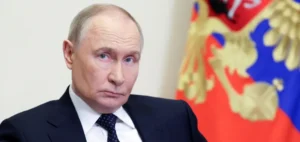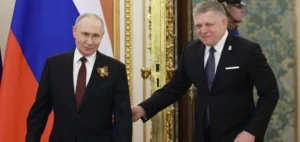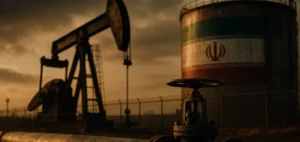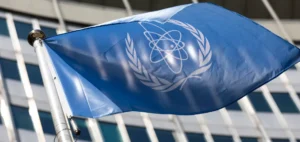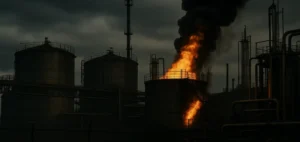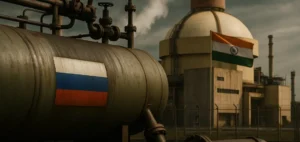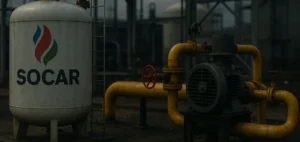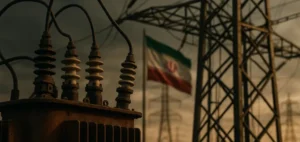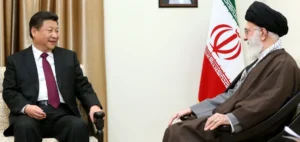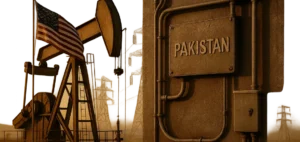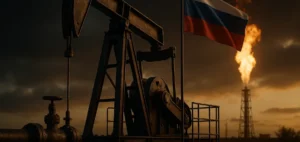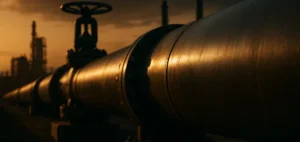The Al Zour refinery makes Kuwait the main supplier of marine fuel to Qatar, boosting exports and production.
Kuwait becomes Qatar’s main supplier of marine fuel
Kuwait becomes Qatar’s main supplier of marine fuel. Its Al Zour refinery is gaining market share and offers heavy fuel oil, jet fuel, diesel, naphtha and gasoline. Al Zour shipped around 3 million barrels of fuel oil to Qatar in 2023, taking over from last year’s suppliers, including Bahrain, Malaysia and Singapore, according to Kpler’s shipment data. In November, the refinery began exporting jet fuel, naphtha and low-sulfur fuel oil. It activated its first crude oil distillation unit. It is targeting 615,000 b/d of production by the end of the year. Exports of ultra-low sulfur fuel oil to Qatar reached a record 27,000 b/d in March, according to Kpler. Exports continue, with Doha receiving 20,000 b/d of VLSFO in June and 19,000 b/d in July.
“Qatar had to import VLSFO from as far afield as Malaysia and India in 2021 and 2022, but in 2023 Kuwait became Qatar’s sole supplier of VLSFO,” said Iman Nasseri, Middle East Director at Facts Global Energy in Dubai.
“Singapore mainly imported VLSFO from Malaysia in 2022, but total net exports from Malaysia fell sharply in 2023, as Singapore procured more VLSFO from Kuwait after Al-Zour came on stream at the end of 2022.”
Al Zour boosts fuel and diesel production
Al Zour is expected to significantly increase refining volumes in the Middle East in the third quarter, with an increase of around 350,000 b/d compared with the second quarter, according to S&P Global Commodity Insights’ August forecast. Fuel oil production will also benefit from the ramp-up of Al Zour in the second half of the year. Al Zour hopes to double its jet fuel exports to Europe this year compared with last, according to S&P Global. It will also help the Middle East increase diesel/gasoil production to over 3 million b/d for the first time.
Flows to Europe and refinery expansion
In this way, flows to Qatar follow the earlier ramp-up of Kuwait’s own products to Europe. Exports reached a record 410,000 b/d in June. In July, they fell to 302,000 b/d, according to Kpler. Europe favors alternatives to Russian imports. In July, the Kuwait National Petroleum Company exported 35,000 tons of Al Ahmadi premium 95 to Europe via the tanker Pacific Sarah. Al Zour will direct at least two-thirds of its production to foreign markets. This decision differs from the initial plans to replace fuel oil used to generate electricity in Kuwait. Sheikh Khaled al-Sabah, Managing Director of International Marketing at Kuwait Petroleum Corp. made the announcement at the Middle East Petroleum & Gas conference in Dubai. In November, the refinery exported naphtha, jet fuel and low-sulfur fuel oil. This follows the commissioning of its distillation unit. The Clean Fuels project has modernized the Mina al-Ahmadi and Mina Abdullah refineries. They form an 800,000 b/d complex, with production to Euro-4 and Euro-5 standards.


